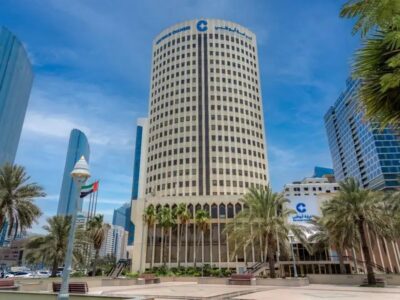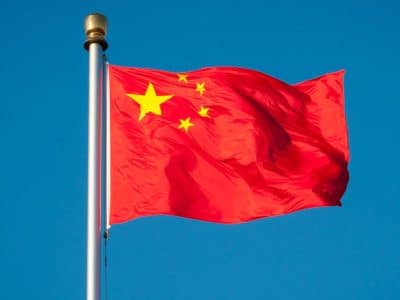South Korea has suspended tear gas exports to Bahrain, reportedly due to the Gulf state’s civil unrest and deaths related to use of the chemical weapon.
South Korea’s Defence Acquisition Programme Administration, which oversees the country’s military trade, told two companies that sought approval to export to Bahrain in October and November to suspend shipments.
A spokesman for the defence agency, Lee Jung-geun, told the Financial Times the decision had been made because of the “unstable politics in the country [Bahrain], people’s death due to tear gas and complaints from human rights groups”.
Bahrain had sought in June to purchase 1.6m tear gas projectiles – more than its population of 1.2m people – 90,000 tear gas grenades and 145,000 stun grenades, according to a tender document leaked to Bahrain Watch, an advocacy group.
The government, which was to use the gas to repress protests in the Gulf island state, had insisted the use of tear gas was within international legal parameters.
However, local and international human rights groups argue the gas was being used to indiscriminately and lethally against demonstrators.
Bahrain’s ruling Sunni Al Khalifa dynasty has been attempting to repress civil unrest among the majority Shia Muslims, who are calling for greater democratic participation in the country.
Article continued on next page…
Numerous international organisations have condemned the government’s crackdown on protesters, with dozens of deaths since violence began in early 2011.
Human Rights First claims Bahraini authorities have fired tear gas directly into cars and homes.
An unknown number of people have died as a result of tear gas inhalation, while others have been killed by direct hits from canisters being fired at close range, HRF says.
“South Korea is making an important statement to the Bahraini government by preventing the regime from obtaining tear gas,” Brian Dooley of Human Rights First said.
“It continues to be used inappropriately, including against peaceful protestors and indiscriminately across entire neighborhoods.
“Bahrain needs to demonstrate to the international community that it can use such weapons responsibly before the government is allowed to acquire more. Bahrain’s police should make publicly available the protocol for police use of tear gas, including procedures for checking out and accounting for gas canisters by police officers.
“Far too often, neighborhoods in Bahrain are becoming free-fire zones for the indiscriminate use of tear gas against citizens.”
Article continued on next page…
Amnesty International says it has identified at least 10 countries whose governments have authorised supplying weaponry, munitions and related equipment to Bahrain.
The arms export countries include Belgium, Brazil, France, Germany, Spain, Switzerland, the UK and the USA.
The organisation said US, French and Spanish officials had told Amnesty International in recent weeks that they had suspended supplies of chemical weapons to Bahrain.
“The South Korean authorities should be commended for this move to help prevent further human rights violations in Bahrain, which comes after sustained campaigning by activists from Amnesty International and other NGOs in Bahrain and around the world,” Amnesty International head of arms control and human rights Brian Wood said.
“South Korea is sending a clear message that the Bahraini authorities’ ongoing repression of peaceful protests is unacceptable and will not be rewarded with future weapons transfers.
“Other countries that continue to supply Bahrain with tear gas and related equipment should sit up and take notice.”
The chief executive of South Korean company DaekWang Chemical, which has previously supplied tear gas to Bahrain and was one of the companies due to meet the most recent order, told the Financial Times his company was “unlikely” to provide future tear gas shipments to the country.








